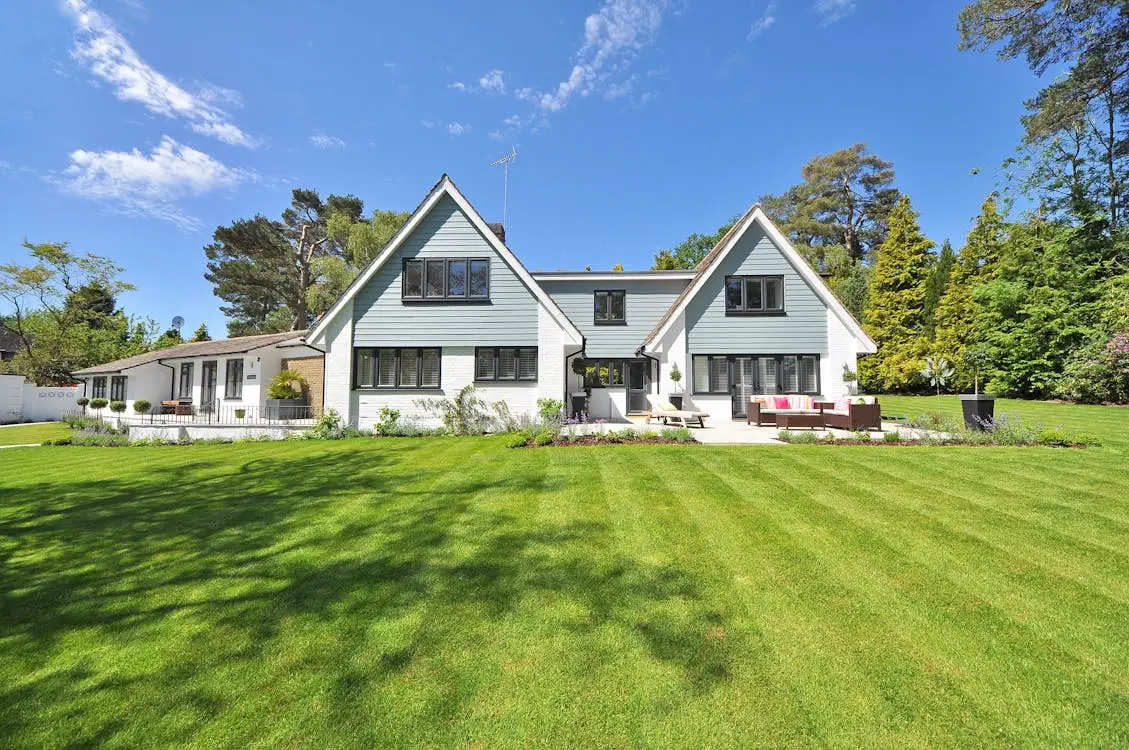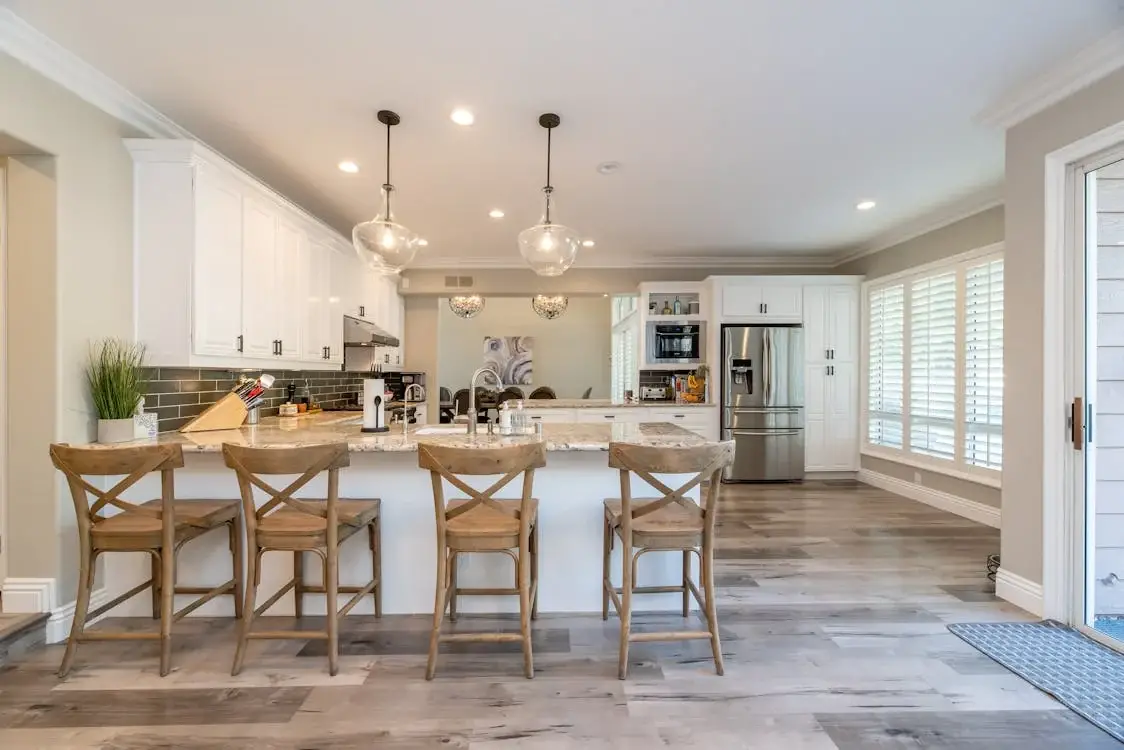Lighting plays a central role in shaping the success of any event. It influences the atmosphere, guest emotions, and the way spaces are experienced. Carefully designed illumination enhances themes, highlights focal points, and ensures a cohesive environment that aligns with the host’s vision. Whether an event calls for vibrancy and energy or calm and intimacy, lighting sets the stage for lasting impressions. Beyond its aesthetic value, it also ensures visibility for performances, speeches, and guest interactions, keeping everyone engaged and comfortable. Strategic lighting, therefore, becomes a powerful tool for transforming ordinary gatherings into unforgettable experiences.
The Importance of Proper Event Lighting
The mood and tone of an event are defined to a large extent by its lighting. People respond instinctively to the way spaces are illuminated. Subtle, warm light encourages relaxation and intimacy, making it ideal for dinners or romantic settings. By contrast, bright, colourful party lights inspire energy and excitement, making them well-suited for concerts or lively parties. By adjusting colours, brightness, and intensity, event planners can create environments that reflect the desired mood and leave guests fully immersed in the experience.
Lighting also serves a practical purpose in showcasing décor and reinforcing themes. When used thoughtfully, it highlights design features, accentuates textures, and draws attention to key elements, such as a stage, centrepiece, or dance floor. In this way, it ensures that the visual details of an event are appreciated as intended.
Equally important is the role of lighting in photography and videography. Adequate illumination enhances clarity, colour accuracy, and depth in images and recordings. It reduces shadows and glare, ensuring that captured moments reflect the atmosphere of the event. Whether using natural light or artificial fixtures, a strategic approach allows organisers to preserve memories in a way that complements the overall aesthetic.
Planning Effective Lighting for Events
A well-structured lighting plan is essential to achieving both functionality and atmosphere. Developing such a plan begins with an assessment of the venue. Factors such as dimensions, ceiling height, and layout must be considered, alongside the type of activities planned for each area. Spaces dedicated to dining, entertainment, or speeches may all require different levels of illumination.
Attention must also be given to the balance between natural and artificial light. Daytime events may benefit from natural brightness, while evening functions require layered solutions to provide warmth and clarity. Existing fixtures should be evaluated for effectiveness, with adjustments made to enhance or complement them. Decisions on brightness levels and colour choices should always reflect the event’s purpose, whether that is to encourage interaction, spotlight performances, or create a more intimate setting.
Consulting with professionals or following industry standards ensures that choices align with both safety requirements and design goals. A thoughtful plan not only creates visual appeal but also contributes to comfort, productivity, and ease of movement for guests.
Popular Event Lighting Trends
Modern event lighting trends continue to evolve, driven by innovation and sustainability. LED installations, projection mapping, and dynamic light shows are increasingly used to create immersive atmospheres that engage audiences on multiple levels. Customised lighting schemes allow events to be tailored more personally, from synchronised colour changes to displays that reflect branding or themes.
At the same time, eco-friendly practices are becoming more prominent. Energy-efficient fixtures and designs not only reduce costs but also appeal to growing awareness around sustainability. This balance between artistry and responsibility allows organisers to deliver experiences that are visually striking while remaining considerate of environmental impact.
Remaining up to date with current trends also offers practical advantages. It allows planners and hosts to design events that feel modern and relevant, helping them stand out in a competitive landscape. Guests are more likely to remember events that incorporate unique, innovative elements, particularly those that encourage engagement and interaction.

Working with Professional Lighting Designers
The expertise of a professional lighting designer can elevate an event beyond what is achievable with standard setups. Designers bring an understanding of how to use light creatively and effectively, ensuring that spaces are both functional and aesthetically pleasing. Their knowledge of energy-efficient technologies can also lead to cost savings while reducing environmental impact.
The process of collaboration usually begins with discussions around the vision and objectives of the event. Designers then create proposals that reflect the theme and complement other elements such as décor and entertainment. Regular communication ensures adjustments are made as needed, and coordination with other event professionals keeps budgets and timelines on track.
The benefits of working with professionals extend beyond the immediate event. Their expertise often introduces innovative solutions, streamlines processes, and creates learning opportunities for hosts and organisers. By drawing on their insights, events can achieve a level of refinement and impact that resonates long after the occasion has ended.
Conclusion
Lighting has the power to define the success of an event by shaping ambience, guiding attention, and enhancing guest experience. A carefully considered plan ensures that spaces are not only visually engaging but also safe and comfortable. Integrating modern trends, applying strategic techniques, and, where appropriate, working with professionals all contribute to creating events that stand out.
Ultimately, lighting is not simply a decorative addition but a foundation of memorable celebrations. When executed thoughtfully, it transforms ordinary gatherings into extraordinary experiences that guests will remember long after the final light has dimmed.
FAQs
Why is lighting considered so important for events?
Lighting affects both mood and functionality. It sets the tone, enhances décor, ensures visibility, and creates an atmosphere that keeps guests engaged throughout the event.
How early should lighting be planned when organising an event?
Lighting should be considered from the start of the planning process. Early preparation allows organisers to align the design with the venue layout, theme, and technical requirements.
Do all events require professional lighting designers?
Not all events require professional designers, but their expertise can greatly improve results. For large or complex occasions, their input ensures creative, safe, and effective lighting solutions.


















